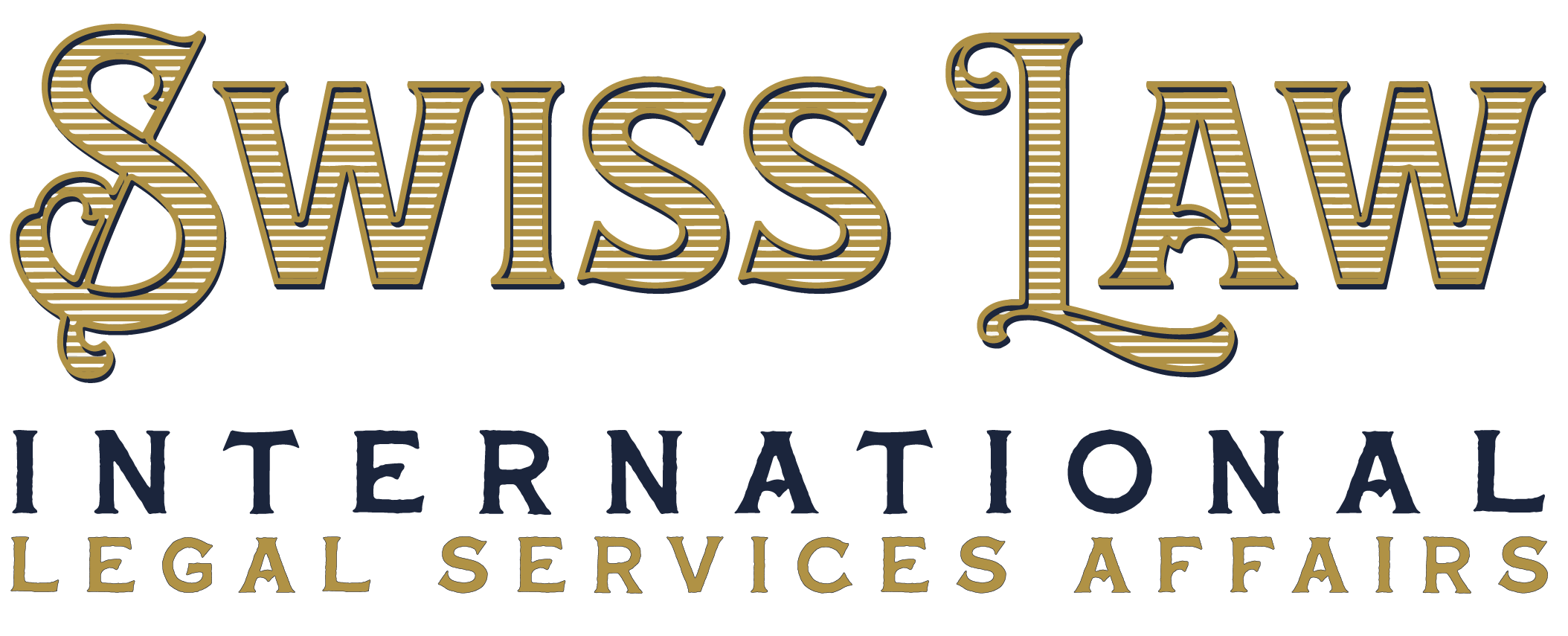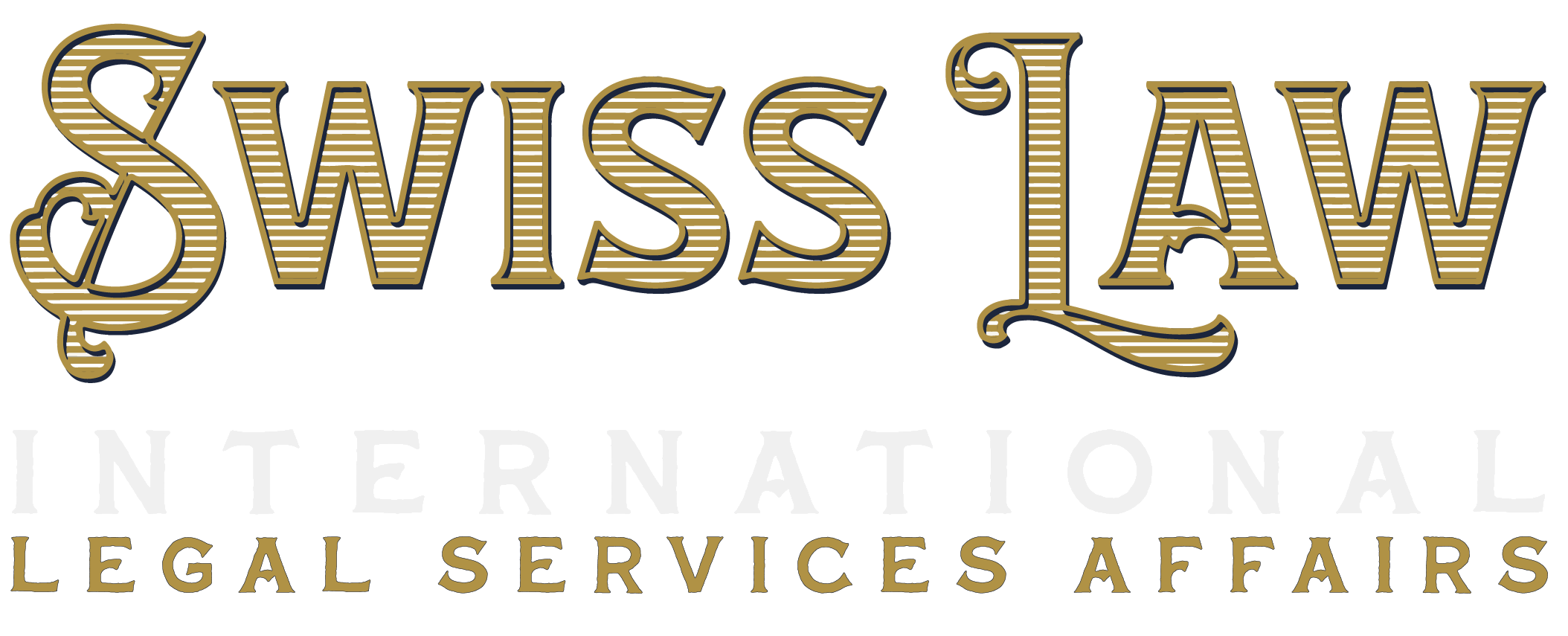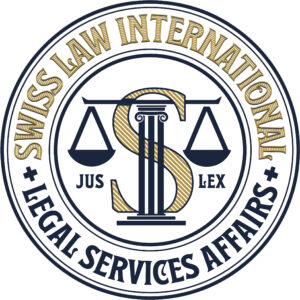Employee Transfer to Switzerland
Switzerland isn’t part of the EU, so moving employees there involves specific rules. Workers from both the EU and other countries need intra-company transfer visas due to Switzerland’s agreements to simplify these processes.
Understanding Staff Migration to Switzerland
If you’re considering moving staff to Switzerland, this guide outlines key points. For detailed advice, consult our Swiss immigration legal team.
Request a Case Evaluation
Moving employees to Switzerland requires approval at two levels:
- Cantonal (regional)
- National
The application starts at the cantonal level and proceeds to the federal level once approved. The labor market test is waived for intra-company transfers, making it easier to bring in foreign workers. Our legal experts can guide you through the process of relocating staff to a Swiss office.
You can count on our team for top-notch immigration support, no matter what type of residence permit you’re after. Reach out to discuss your options for moving to Switzerland.
Similar to permanent residency permits in other European countries, Switzerland offers the Swiss C permit. Contact us for visa applications and a range of immigration services tailored to your needs.
Qualifications for Intra-Company Transfer Visas
Executives, senior managers, and specialists with significant expertise can move to Switzerland. They must have worked for their company outside Switzerland for at least one year and meet other conditions set by the State Secretariat for Migration (SEM) and immigration laws.
The main advantage of an intra-company transfer visa is bypassing the labor market test. It’s comparable to the Swiss B permit, which allows stays of up to five years.
Non-EU/EEA Employee Transfers
For non-EU/EFTA nationals working for Swiss companies, there are specific pathways for relocation. These include provisions under the General Agreement on Trade and Services (GATS) for essential personnel like highly skilled experts and senior managers.
EU and EFTA citizens have more flexibility to work in Switzerland. If you need help with employee relocation, our specialists are here to assist.
Visas for Company Transfers to Switzerland
An L permit is required for work-related moves to Switzerland. Its validity varies based on the transfer duration:
- Four-month work visas
- Twelve-month L permits
- 120-day permits within twelve months
EU nationals and non-EU nationals who have worked for an EU company for over a year are exempt from L permits for up to 90 days. A special agreement post-Brexit allows UK service providers to work in Switzerland for 90 days.
Applying for a Visa
Employers must apply for permits through cantonal migration authorities, followed by federal approval for third-country nationals. This process can take up to three months depending on the canton’s workload. Contact our Swiss immigration legal team for canton-specific information.
We can also help with C permit applications if you’re eligible for permanent residence.
Validity of Swiss Intra-Company Transfer Visas
Under GATS, essential personnel can stay for up to four years. Other licenses follow standard regulations.
Our local experts can advise on the best visa option for relocating staff to Switzerland.
Swiss Labor Market Regulations
Switzerland’s cantonal structure means each region has its own employment laws and taxes. Employers are responsible for registering workers for social security and adhering to local labor laws, including minimum wage, working hours, and worker housing standards.
As of the second quarter of 2022, 1.683 million foreign workers were employed in Switzerland, with the majority from the EU/EFTA.
For assistance with staff relocation to Switzerland, feel free to contact us.


